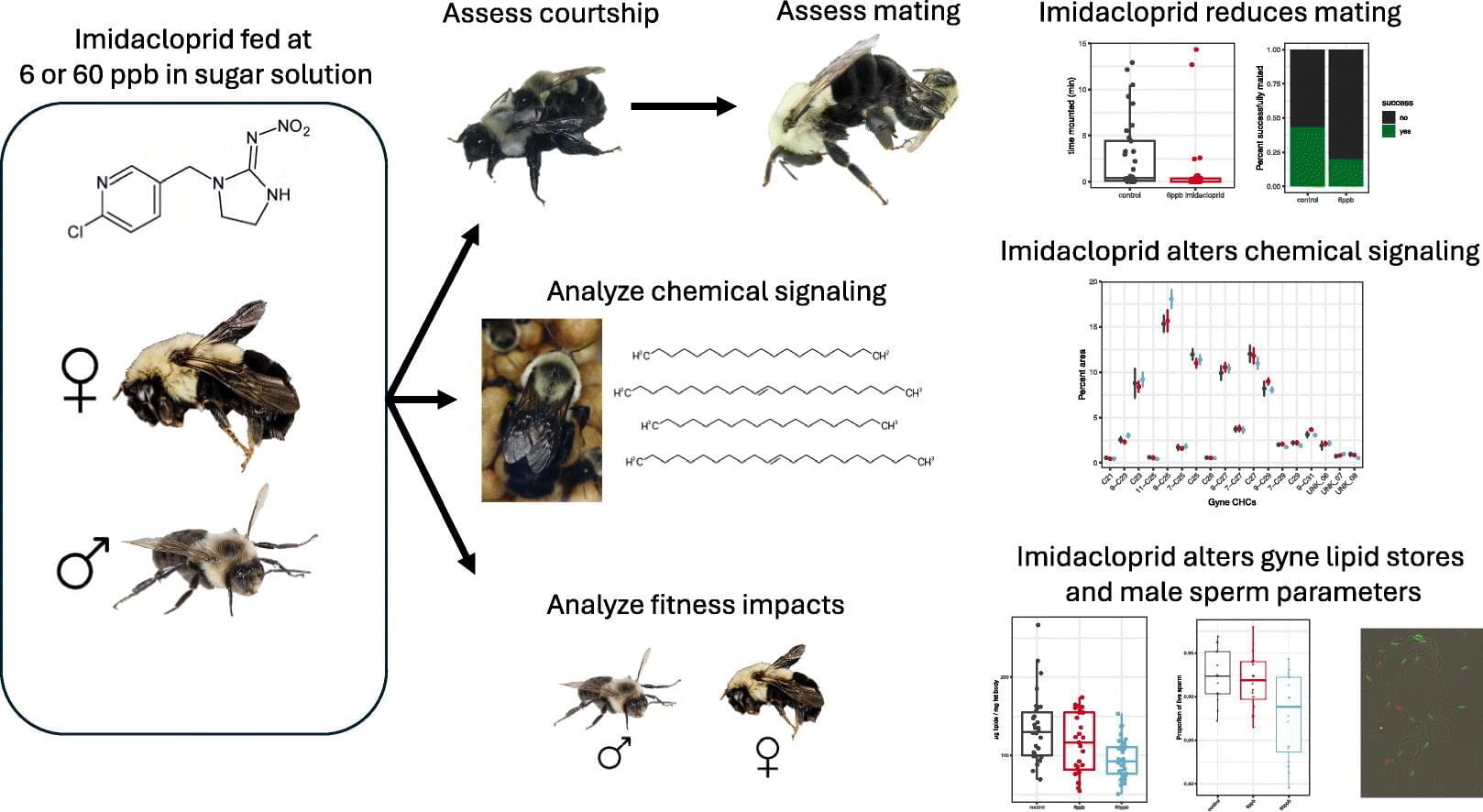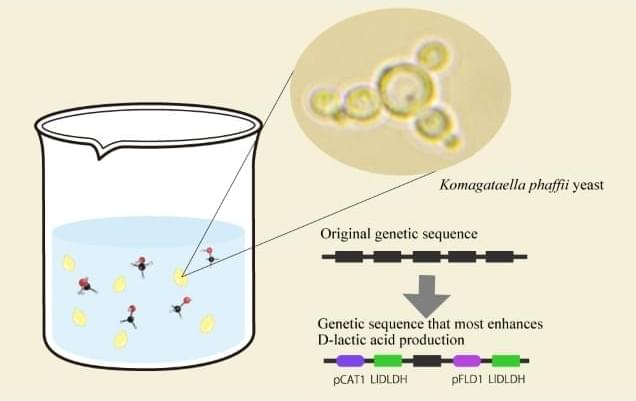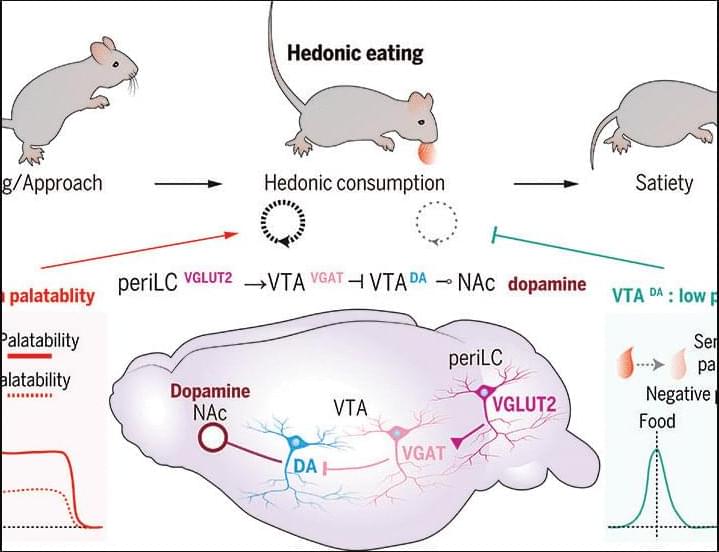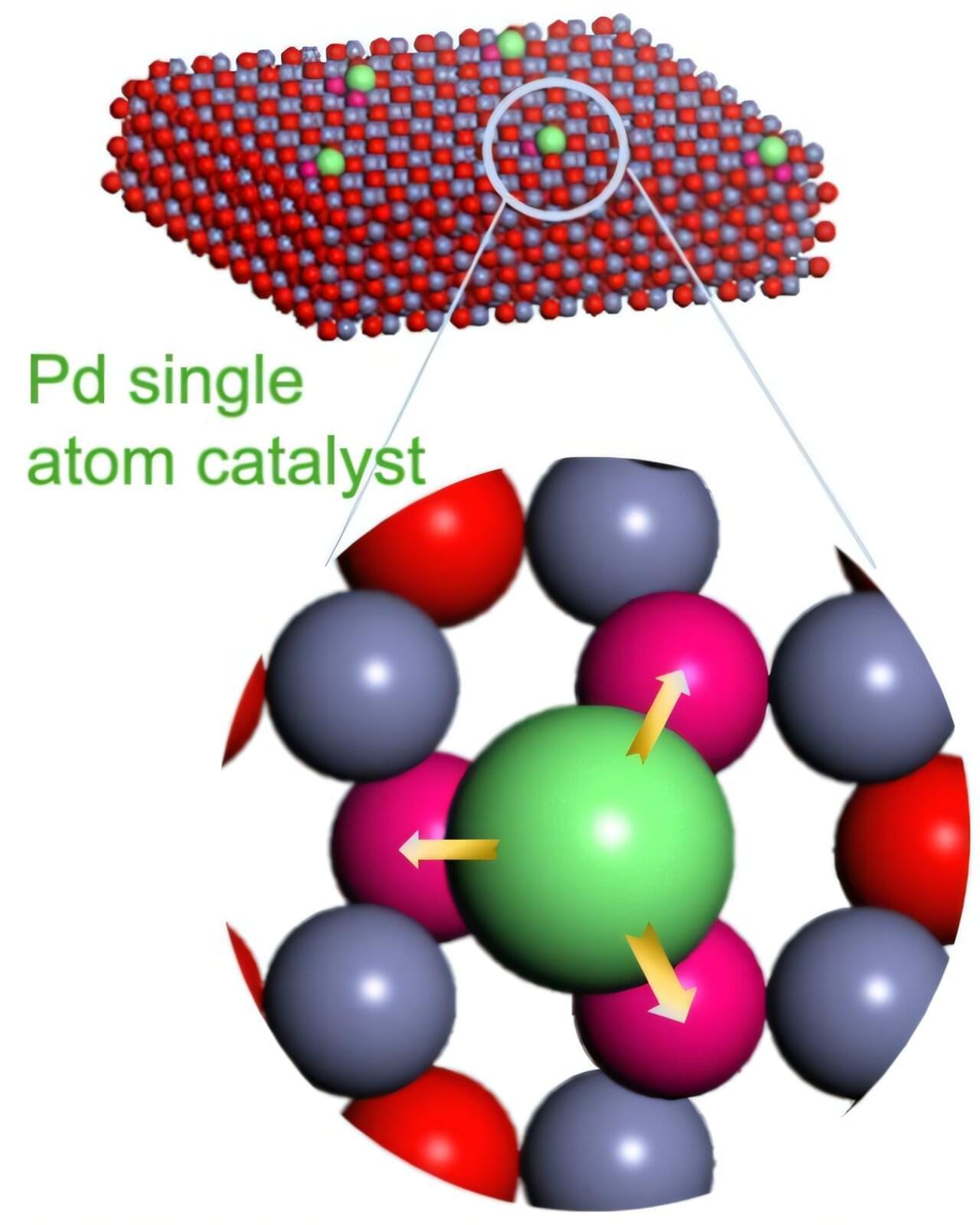Scientists have discovered a new phylum of microbes in Earth’s Critical Zone, an area of deep soil that restores water quality. Ground water, which becomes drinking water, passes through where these microbes live, and they consume the remaining pollutants. The paper, “Diversification, niche adaptation and evolution of a candidate phylum thriving in the deep Critical Zone,” is published in the Proceedings of the National Academy of Sciences.
Leonardo da Vinci once said, “We know more about the movement of celestial bodies than about the soil underfoot.” James Tiedje, an expert in microbiology at Michigan State University, agrees with da Vinci. But he aims to change this through his work on the Critical Zone, part of the dynamic “living skin” of Earth.
“The Critical Zone extends from the tops of trees down through the soil to depths up to 700 feet,” Tiedje said. “This zone supports most life on the planet as it regulates essential processes like soil formation, water cycling and nutrient cycling, which are vital for food production, water quality and ecosystem health. Despite its importance, the deep Critical Zone is a new frontier because it’s a major part of Earth that is relatively unexplored.”









